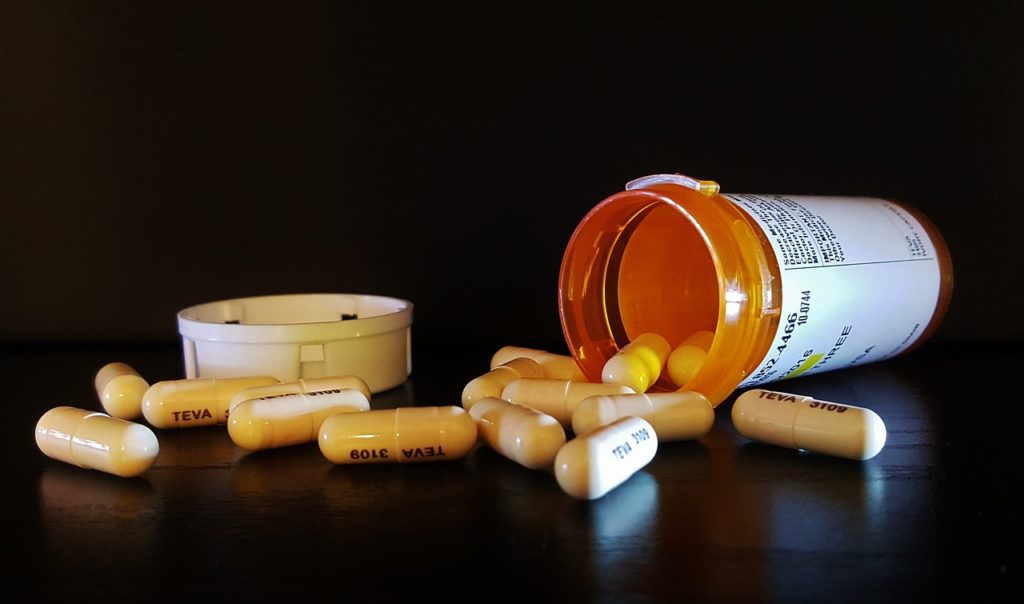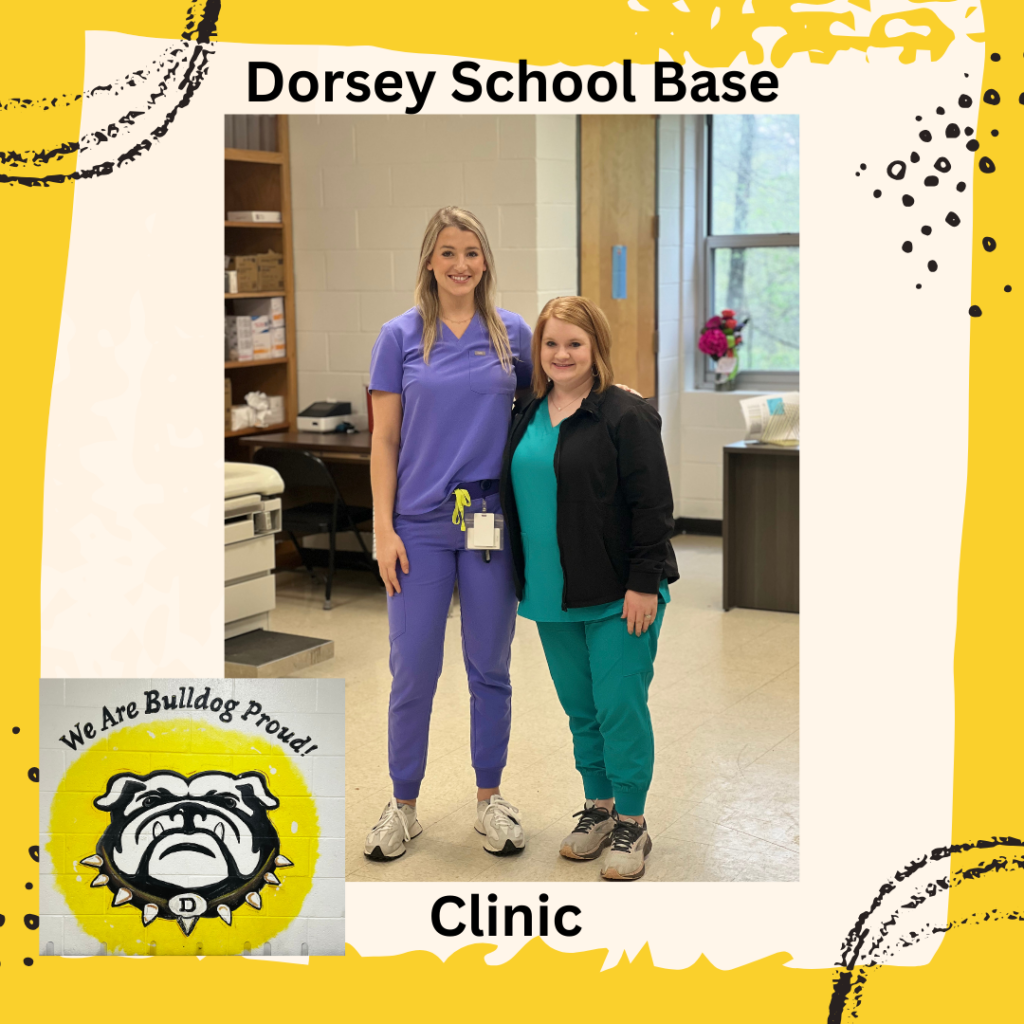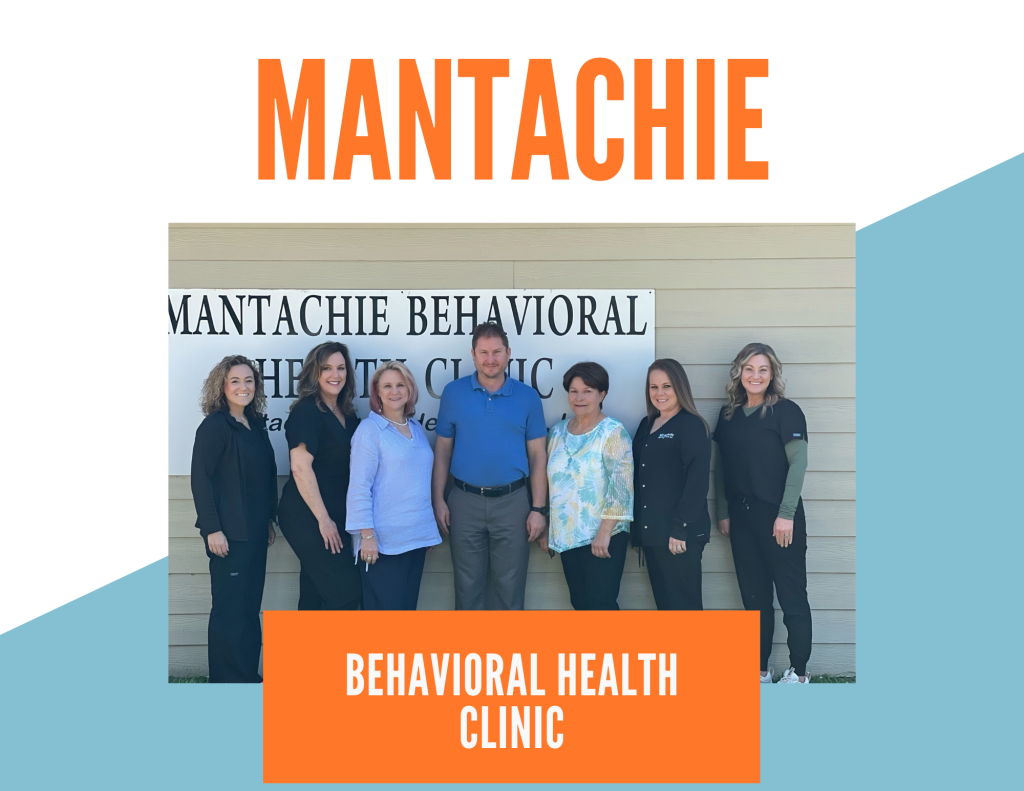
With back-to-school, we see an increase in strep throat, stomach virus, lice, and colds. Soon we’ll be talking about flu season as well. When you or a family member starts coughing or sneezing, it’s tempting to search the medicine cabinet for leftover antibiotics. After all, it worked last time. Before you self-medicate, let’s talk about how antibiotics work and when you really need them.
Antibiotics
Antibiotics kill bacteria or keep them from reproducing. This helps you feel better and prevents you from spreading your illness to others. Antibiotics save lives. Before their invention, many people died from strep throat and surgery was riskier. But they only work on bacterial infections such as:
- Some ear and sinus infections
- Strep throat
- Whooping cough
- Skin infections
- Bladder and kidney infections
- Bacterial Pneumonias
Notice cold, flu, and stomach bugs aren’t on the list.
Dangers of Self-Medicating
The more a bacteria comes in contact with an antibiotic, the more likely it is to become resistant to it. This means we have to use stronger antibiotics to kill the same bacteria.
Antibiotic resistance is only one of the dangers of self-medicating. Some people are allergic to antibiotics and their risk of a reaction increases each time they take antibiotics. Just because you or your child did not have an allergic reaction the last time you took the antibiotics doesn’t mean you won’t have a reaction this time.
Ever notice your stomach seems more upset after taking certain medications? Antibiotics also damage or kill the good bacteria in our gut. By taking antibiotics you don’t need you could create more problems.
Finally, antibiotics don’t work on colds. And who wants to take unnecessary medications?
How do you know if your medications are an antibiotic?
Not every prescription your doctor gives is an antibiotic. You may have left-over cough medicine or decongestants that will treat your cold symptoms. Typically liquid antibiotics are much thicker than cough medicine or decongestants. If you aren’t sure, you can look up the medication on rxlist.com or better yet call the pharmacy where you had the medicine filled or your medical provider.
When do you need antibiotics?
Colds last 10-14 days. Treat the symptoms with Tylenol or ibuprofen and decongestants if needed. Home remedies like hot tea, chicken soup, rest, and warm showers may also make you feel better. Antibiotics will not. If you’re not feeling better or feel worse after two-weeks, make an appointment with your medical provider.
If you have the symptoms of strep throat, kidney or bladder infections, or skin infections, it’s time to see your doctor immediately. Same is true if you’re coughing and unable to catch your breath. While you might not need antibiotics, your provider can help you treat the symptoms and find the underlying cause.
Feeling under the weather? Our providers are happy to treat your illness whether you need antibiotics or not. Call 662-282-4226 to request an appointment.






Speak Your Mind